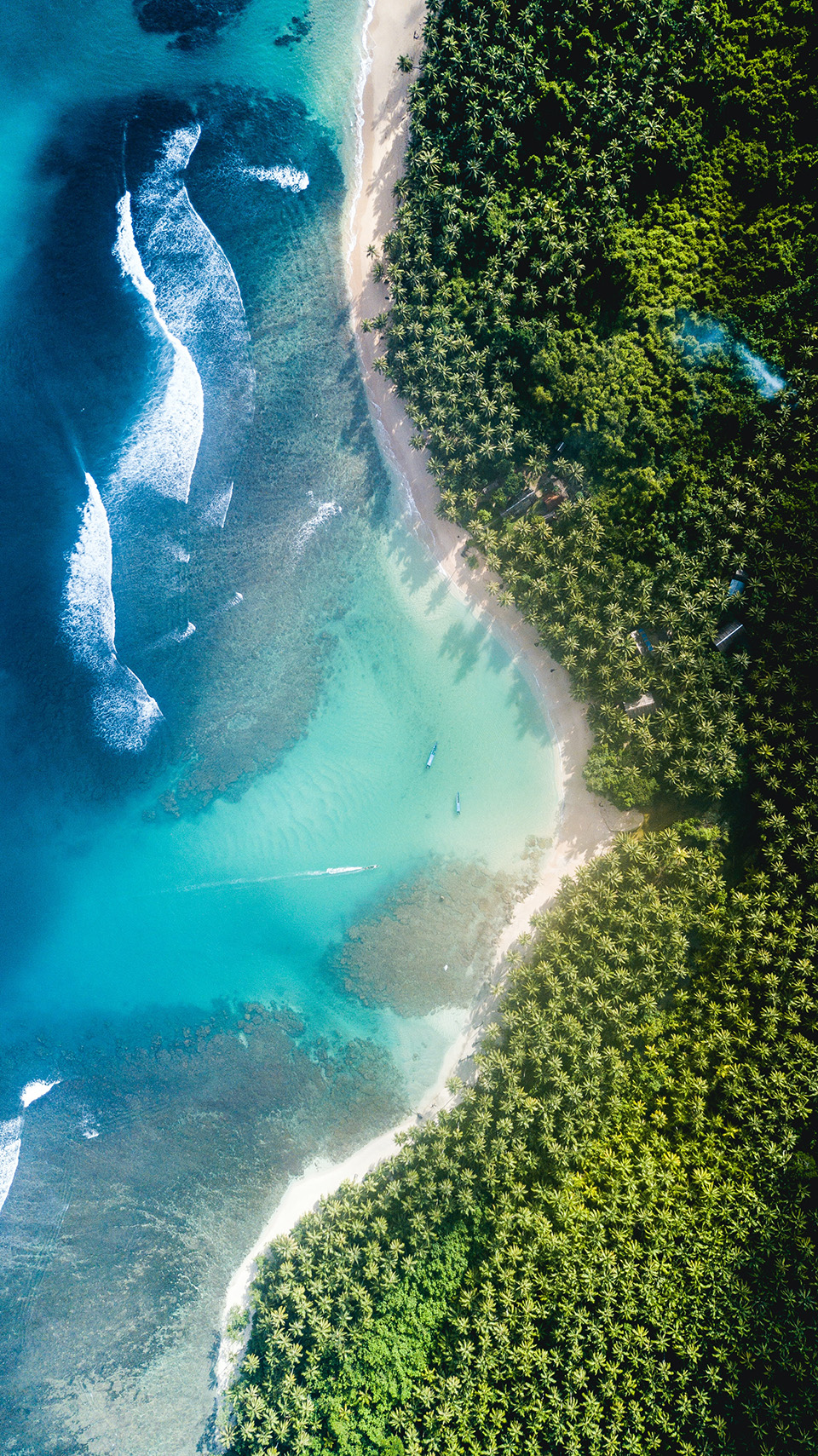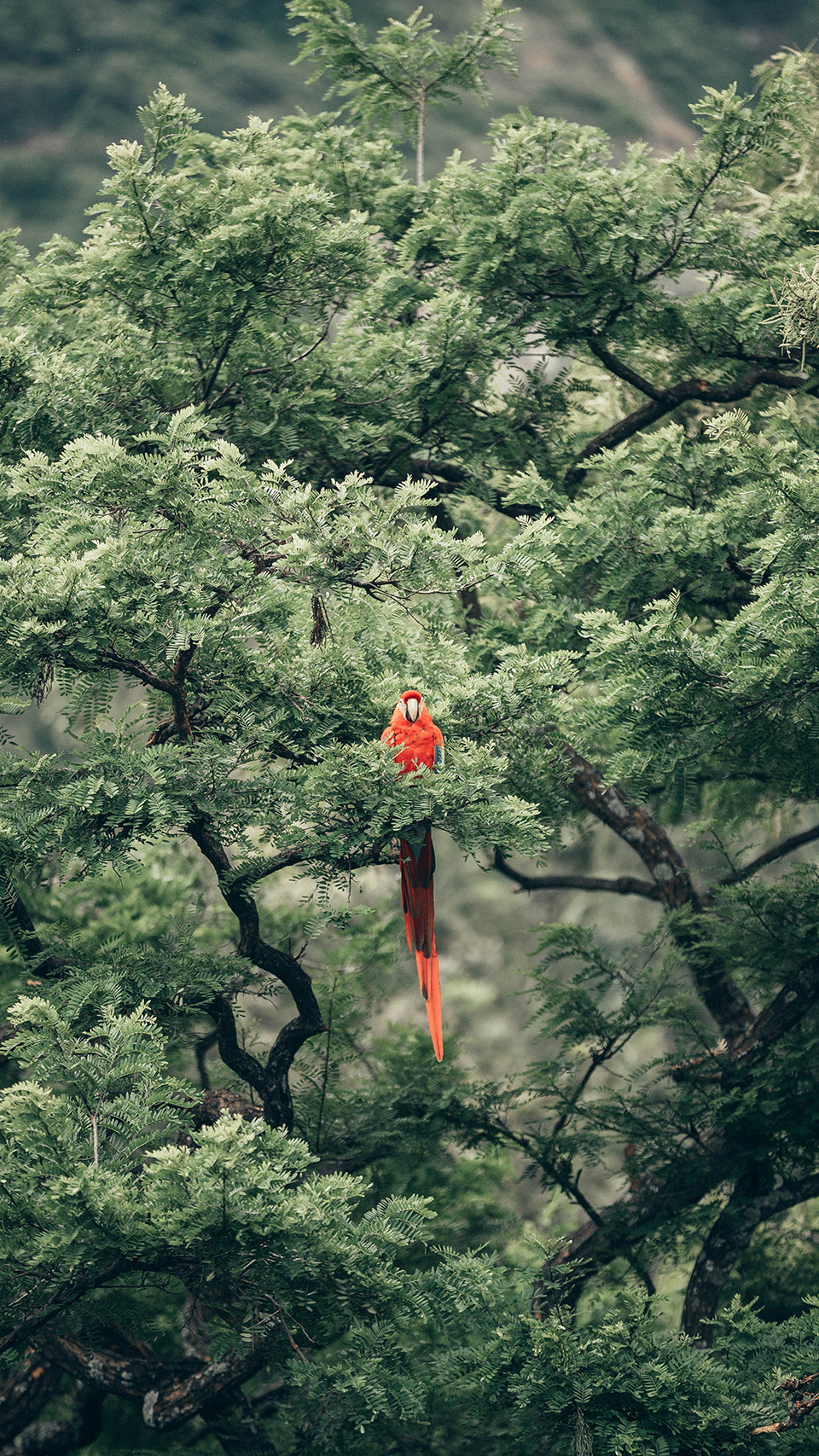
Nature Sounds: A Gateway to Mental and Physical Well-being
Research indicates that Natural Soundscapes with sounds like rain, thunder, or ocean waves impact the brain and even our heart rate.
It may seem obvious, but the sounds of nature (“nature soundscape,” as it has become known in various countries, or Natural Soundscapes) have the power to calm and positively impact our mental and physical health. What was understood for centuries in the realm of spirituality is now scientifically proven: the ebb and flow of the waves in the sea, the rain tapping on the window, the sound of thunder, or the flow of a rivercan alter our brain’s chemistry and even the rhythm of our heartbeat.


Research conducted on the power of Natural Soundscapes in humans confirms that they reduce stress, increase focus, and positively influence the quality of sleep. In 2017, a study published in the journal Scientific Reports evaluated brain scans, heart rate monitoring, and behavioral experiments to prove the psychological causes behind these effects.
A group of 17 adults was carefully monitored while they were exposed to five-minute sessions of nature sounds and, afterward, artificial sounds. In the first part of the experiment, the results indicated a stronger response in the brain area responsible for “external focus attention,” which helps the body relax and lowers levels of stress, anxiety, and even depression; in the second part, the effect was reversed.
The research also pointed out that any time spent outdoors or away from urban noise, such as traffic or construction, can be beneficial to health, even if the sounds of nature come through headphones. “Even a few moments of escape can have benefits. I also found that downloaded tracks helped when I couldn’t leave my desk,” said Cassandra Gould van Praag, a professor at the University of Sussex and one of the study’s leaders.
However, according to the professor, nature sounds do not work as a universal calming agent for everyone, and their effects are more related to how they are produced – whether captured directly or generated electronically – and the individual’s familiarity with that sound environment. Someone who doesn’t have emotional memories of a beach or a tropical forest, for example, may not find the sound of waves or rain on leaves as relaxing.
She further noted that an individual’s familiarity with a soundscape proved to be a decisive factor in improving their performance during tasks that require a higher level of focus and attention. “I think this supports the importance of finding an environment or sound machine that is ideal for that individual,” said Gould van Praag.


It’s no wonder that today you can find on the internet a multitude of playlists and videos created with sounds of nature that last for hours and are used for sleeping, relaxing, studying, or working. There are specific natural soundscapes, such as the coast of Hawaii (listen below), as well as the preservation and revival of animals and places that no longer exist and have been altered or extinct over time.
Of course, nature sounds can also be strong allies in creating the soundscape of a space, from workplaces to health clinics, parking lots, elevators, waiting rooms, and beyond. Here at Zanna Sound, for example, we included the chirping of birds in the Sound Design and Soundscape of MetrôRio, echoing through the stations and bringing the calm of Rio de Janeiro’s Atlantic Forest to passengers boarding the trains.


This tool can be used to enhance the audience’s experience with movies, music, or video games, promoting complete immersion in that universe. Even artificial intelligence is already pointing in that direction, with algorithms developed specifically to faithfully recreate the real levels of depth and definition of sounds from a particular environment – including natural landscapes.
We see that there are many possibilities and ways to implement sound into our private lives and public living spaces. We also understand that each individual needs to understand what resonates best with them so that sound has a precise effect on their entire physical, mental, and emotional system. I’m talking about the relationship that people have with certain groups of sounds and different soundscapes. The perception and capture of these sounds are individual.
However, to protect Natural Soundscapes, we must first preserve the planet. We know that the technological advances of the last 300 years, in addition to distancing us from the Earth and its nature, have caused numerous negative effects on the atmosphere, many of which are irreversible. We need to wake up, pressure governments, rethink our daily practices. What are we doing every day to change this trend? How are we consuming products and financing companies that pollute and have harmful procedures for the environment? Questions we should ask ourselves every day.

Are you curious to know how Natural Soundscapes can help you and promote positive sensations in your spaces? Come talk to us, send a message to Zanna Sound!

Next article
Does Music at Work Help or Hinder?
Discover the impact of music in the corporate environment and how music branding can boost productivity, well-being, and employee connections.
Read more